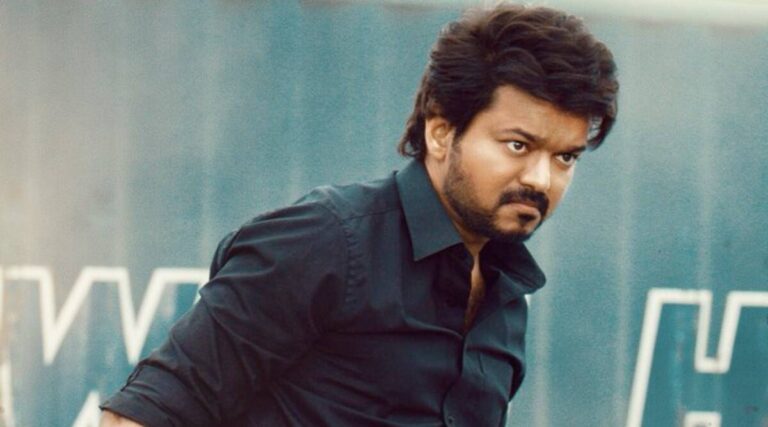Varisu was a pleasant surprise. It was clear from the trailer that the movie is betting on its sentimentality to win the audience’s affection. And it must have left many feeling ambivalent about the movie. When do you think of movies that tend to evoke the emotions that are the lifeblood of television soap operas?
Of course, there was a time when such films had a great influence on the box office of Tamil cinema: Suryavamsam, Aanandham, Nattamai, Vaanathaippola, etc. were popular films in the 90s and early 2000s. And Tamil cinema stopped making such feel-good melodramatic family entertainers. Even Vijay rose to stardom with his fair share of soap operas.
So it’s understandable why Vijay chose a family drama like Varisu for the Pongal festival. Not only Vijay’s career, but some of Dil Raju’s biggest hits as a producer (Bommarillu, Parugu, Mr. Perfect, Seethamma Vakitlo Sirimalle Chettu, etc.) were of this genre.
Varisu has proven the naysayers wrong by doing so many things right. And one of the biggest reasons is that it took advantage of concepts that viewers were already convinced of. Director Vamsi Paidipary and his screenwriters Hari, Ashor Solomon and lyricist Vivek are mindful of changing times. They know they can’t make a movie with a Vaanatypora sensibility that’s too serious.
Varisu’s writers have done a great job reworking old themes into fun movies. It feels familiar, but tweaking an old-fashioned setup can make it feel fresh and fun. The themes and structure of the story owes its predecessors to the genre. But the moment we’re ready to cringe, watching the scene guessing what happens next and thinking it’s been played 100 times in the past, we’re stunned.
The name of the game is self-awareness. The film knows that if you take it too seriously, audiences will make it the object of ridicule. We are instantly relieved when Vijay sings the title song of the hit Tamil serial Metti Oli. It lets us know that filmmakers have a vision and have the talent and knowledge to achieve it.
Even the blocks in the scene are fluid. Watch the scene where Vijay and Yogi Babu his Kicha sit down and watch the drama unfold at the family table. Kicha sits on the floor while Vijay sits on the sofa. As they strike up a conversation, Vijay gets off the couch and sits next to his Kicha. It shows that even though we are separated by our social status, we are united by friendship. The bond between the two of them touches our hearts and we enjoy it when Kicha mocks Vijay again and again because the invisible social barriers have been removed. They are just two of her friends exchanging pleasant jokes.
Latest reviews: Cutty | | trial of fire | | waltea veeraya | | Veera Sima Lady | | Tunib | | M3GAN
There is another shot of Vijay going down the stairs in a moving scene. Before seeing Vijay, it looks as if his shadow is always watching over his family like a guardian angel. The conference room scene where Vijay is in danger of being voted out of the company Al Arjunblockbuster of Ala VaikunthapuramruhIn that scene, Bantu pulls off a coup and flips the villain’s game by humorously dancing to a popular song from a movie starring actors from Al Arjun’s family. In the film’s most meta moment, Vijay lavishes references to his past blockbusters to foil a similar coup.
Vijay lifts the whole movie with his sheer charm. He disrespectfully plays into one gallery scene after another. And he keeps reminding us why we love watching him. We enjoy his performances the most when he’s doing comedy. Not while pulling or performing stunts. We adore him as he demonstrates his fluid dance moves, preaching to us on widely accepted morality. Not the folk number “Ranjithame,” but the grossly underrated duet “Jimikki Ponnu.” The song’s production and energetic and sophisticated performance by Vijay and his Rashmika Mandanna leaves us wanting more.


